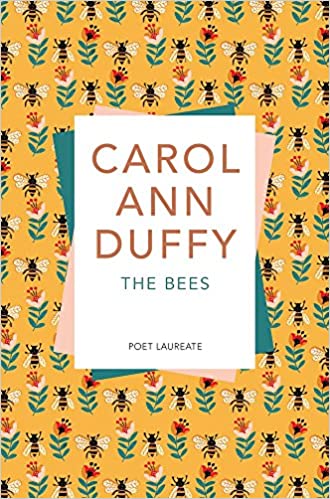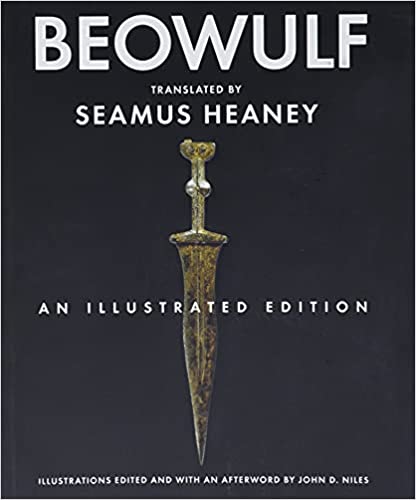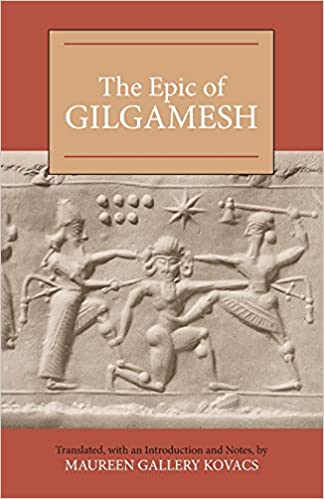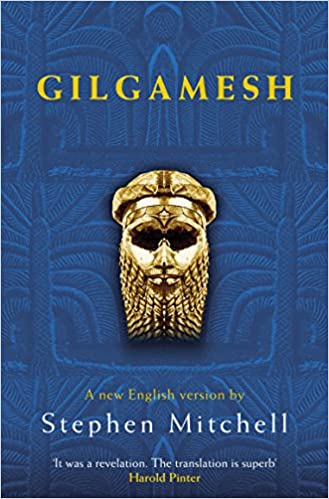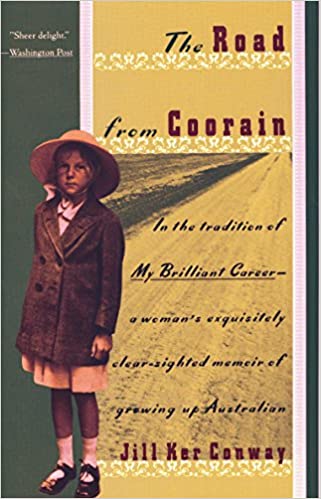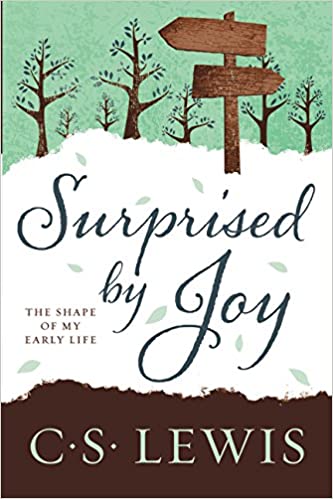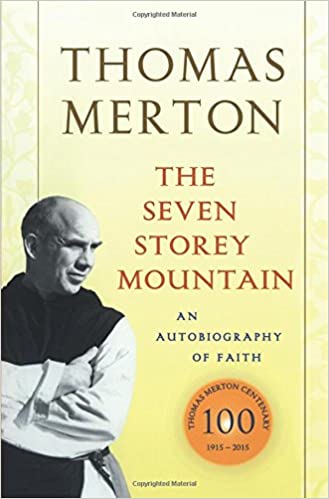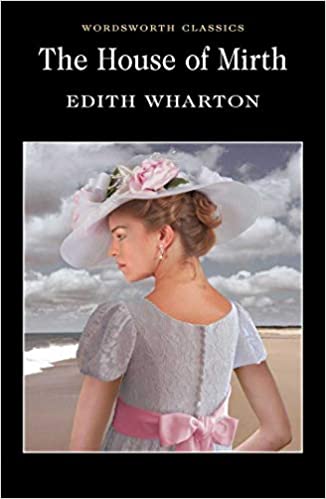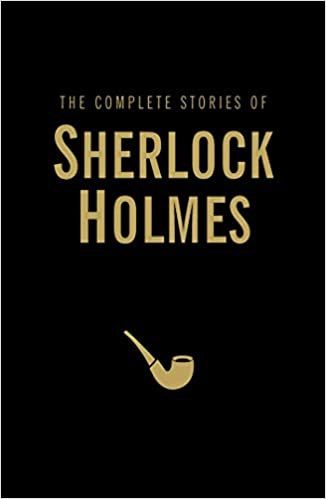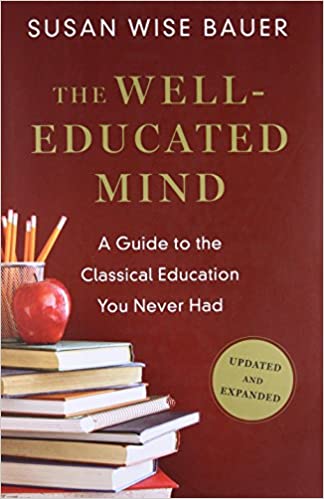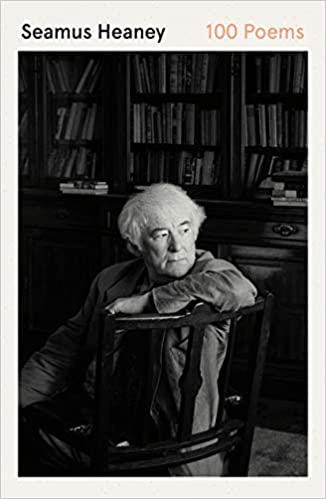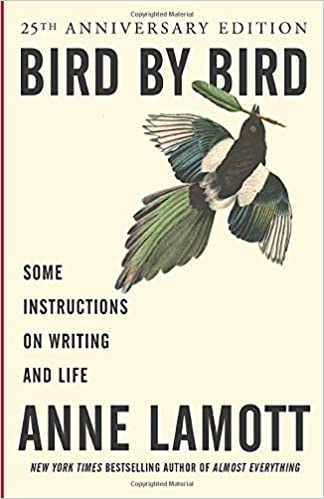The Bees
Here Carol Ann Duffy uses her full poetic range: there are drinking songs, love poems, poems of political anger; there are elegies, too, for beloved friends, and—most movingly—the poet’s own mother. Woven and weaving through the book is its presiding spirit: the bee. Sometimes the bee is Duffy’s subject, sometimes it strays into the poem, or hovers at its edge. In the end, Duffy’s point is clear: the bee symbolizes what we have left of grace in the world, and what is most precious and necessary for us to protect. The Bees, at once intimate and public, is a work of great power from one of our most cherished poets.
More info →Beowulf
Composed toward the end of the first millennium, Beowulf ?is the elegiac narrative of the Scandinavian hero who saves the Danes from the seemingly invincible monster Grendel and, later, from Grendel's mother. Drawn to what he has called the "four-squareness of the utterance" in ?Beowulf ?and its immense emotional credibility Seamus Heaney gives the great epic convincing reality
But how to visualize the poet's story has always been a challenge for modern-day readers. In Beowulf: An Illustrated Edition, John D. Niles, a specialist in Old English literature, provides visual counterparts to Heaney's remarkable translation. More than one hundred full-page illustrations―Viking warships, chain mail, lyres, spearheads, even a reconstruction of the Great Hall―make visible Beowulf's world and the elemental themes of his story: death, divine power, horror, heroism, disgrace, devotion, and fame. This mysterious world is now transformed into one of material splendor as readers view its elegant goblets, dragon images, and finely crafted gold jewelry against the backdrop of the Danish landscape of its origins.
More info →The Epic of Gilgamesh
Since the discovery over one hundred years ago of a body of Mesopotamian poetry preserved on clay tablets, what has come to be known as the Epic of Gilgamesh has been considered a masterpiece of ancient literature. It recounts the deeds of a hero-king of ancient Mesopotamia, following him through adventures and encounters with men and gods alike. Yet the central concerns of the Epic lie deeper than the lively and exotic storyline: they revolve around a man's eternal struggle with the limitations of human nature, and encompass the basic human feelings of loneliness, friendship, love, loss, revenge, and the fear of the oblivion of death. These themes are developed in a distinctly Mesopotamian idiom, to be sure, but with a sensitivity and intensity that touch the modern reader across the chasm of three thousand years. This translation presents the Epic to the general reader in a clear narrative.
More info →Gilgamesh
Vivid, enjoyable and comprehensible, the poet and pre-eminent translator Stephen Mitchell makes the oldest epic poem in the world accessible for the first time. Gilgamesh is a born leader, but in an attempt to control his growing arrogance, the Gods create Enkidu, a wild man, his equal in strength and courage. Enkidu is trapped by a temple prostitute, civilised through sexual experience and brought to Gilgamesh. They become best friends and battle evil together. After Enkidu's death the distraught Gilgamesh sets out on a journey to find Utnapishtim, the survivor of the Great Flood, made immortal by the Gods to ask him the secret of life and death. Gilgamesh is the first and remains one of the most important works of world literature. Written in ancient Mesopotamia in the second millennium B.C., it predates the Iliad by roughly 1,000 years. Gilgamesh is extraordinarily modern in its emotional power but also provides an insight into the values of an ancient culture and civilisation.
More info →The Road from Coorain
In a memoir that pierces and delights us, Jill Ker Conway tells the story of her astonishing journey into adulthood—a journey that would ultimately span immense distances and encompass worlds, ideas, and ways of life that seem a century apart.
She was seven before she ever saw another girl child. At eight, still too small to mount her horse unaided, she was galloping miles, alone, across Coorain, her parents' thirty thousand windswept, drought-haunted acres in the Australian outback, doing a "man's job" of helping herd the sheep because World War II had taken away the able-bodied men. She loved (and makes us see and feel) the vast unpeopled landscape, beautiful and hostile, whose uncertain weathers tormented the sheep ranchers with conflicting promises of riches and inescapable disaster. She adored (and makes us know) her large-visioned father and her strong, radiant mother, who had gone willingly with him into a pioneering life of loneliness and bone-breaking toil, who seemed miraculously to succeed in creating a warmly sheltering home in the harsh outback, and who, upon her husband's sudden death when Jill was ten, began to slide—bereft of the partnership of work and love that had so utterly fulfilled her—into depression and dependency.
Worlds away from Coorain, in America, Jill Conway became a historian and the first woman president of Smith College. Her story of Coorain and the road from Coorain startles by its passion and evocative power, by its understanding of the ways in which a total, deep-rooted commitment to place—or to a dream—can at once liberate and imprison. It is a story of childhood as both Eden and anguish, and of growing up as a journey toward the difficult life of the free.
More info →The Seven Storey Mountain
One of the most famous books ever written about a man’s search for faith and peace.
The Seven Storey Mountain tells of the growing restlessness of a brilliant and passionate young man, who at the age of twenty-six, takes vows in one of the most demanding Catholic orders—the Trappist monks. At the Abbey of Gethsemani, "the four walls of my new freedom," Thomas Merton struggles to withdraw from the world, but only after he has fully immersed himself in it. At the abbey, he wrote this extraordinary testament, a unique spiritual autobiography that has been recognized as one of the most influential religious works of our time. Translated into more than twenty languages, it has touched millions of lives.
More info →The House of Mirth
The House of Mirth by Edith Wharton. The House of Mirth tells the story of Lily Bart, aged 29, beautiful, impoverished and in need of a rich husband to safeguard her place in the social elite, and to support her expensive habits - her clothes, her charities and her gambling. Unwilling to marry without both love and money, Lily becomes vulnerable to the kind of gossip and slander which attach to a girl who has been on the marriage market for too long. Wharton charts the course of Lily's life, providing, along the way, a wider picture of a society in transition, a rapidly changing New York where the old certainties of manners, morals and family have disappeared and the individual has become an expendable commodity.
More info →Complete Stories of Sherlock Holmes (Wordsworth Library Collection)
Complete Stories of Sherlock Holmes by Sir Arthur Conan Doyle. This book contains all the investigations and adventures of the world's most popular detective, Sherlock Holmes. From The Adventure of the Gloria Scott to His Last Bow, we follow the illustrious career of this quintessential British hero from his university days to his final case. His efforts to uncover the truth take him all over the world and into conflict with all manner of devious criminals and dangerous villains, but thankfully his legendary powers of deduction, and his faithful companion Dr. Watson, are more than up to the challenge.
More info →The Well-Educated Mind: A Guide to the Classical Education You Never Had
The enduring and engaging guide to educating yourself in the classical tradition.
Have you lost the art of reading for pleasure? Are there books you know you should read but haven’t because they seem too daunting? In The Well-Educated Mind, Susan Wise Bauer provides a welcome and encouraging antidote to the distractions of our age, electronic and otherwise.
Newly expanded and updated to include standout works from the twenty-first century as well as essential readings in science (from the earliest works of Hippocrates to the discovery of the asteroid that killed the dinosaurs), The Well-Educated Mind offers brief, entertaining histories of six literary genres―fiction, autobiography, history, drama, poetry, and science―accompanied by detailed instructions on how to read each type. The annotated lists at the end of each chapter―ranging from Cervantes to Cormac McCarthy, Herodotus to Laurel Thatcher Ulrich, Aristotle to Stephen Hawking―preview recommended reading and encourage readers to make vital connections between ancient traditions and contemporary writing.
The Well-Educated Mind reassures those readers who worry that they read too slowly or with below-average comprehension. If you can understand a daily newspaper, there’s no reason you can’t read and enjoy Shakespeare’s sonnets or Jane Eyre. But no one should attempt to read the “Great Books” without a guide and a plan. Bauer will show you how to allocate time to reading on a regular basis; how to master difficult arguments; how to make personal and literary judgments about what you read; how to appreciate the resonant links among texts within a genre―what does Anna Karenina owe to Madame Bovary?―and also between genres.
More info →100 Poems
In 100 Poems, readers will enjoy the most loved and celebrated poems, and will discover new favorites, from "The Cure at Troy" to "Death of a Naturalist." It is a singular and welcoming anthology, reaching far and wide, for now and for years to come.
Seamus Heaney had the idea to make a personal selection of poems from across the entire arc of his writing life, a collection small yet comprehensive enough to serve as an introduction for all comers. He never managed to do this himself, but now, finally, the project has been returned to, resulting in an intimate gathering of poems chosen and introduced by the Heaney family. No other selection of Heaney’s poems exists that has such a broad range, drawing from the first to the last of his prizewinning collections.
More info →
